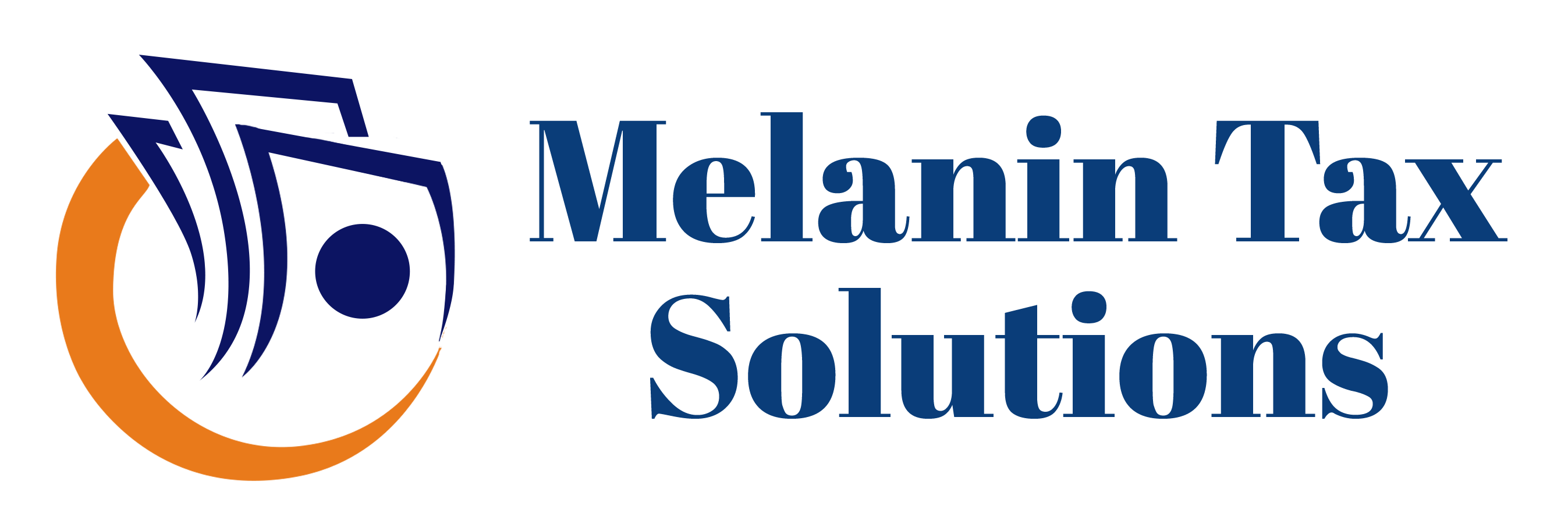Navigating the freelance world can be both exciting and challenging, with one of the most daunting aspects being managing your own finances. Understanding bookkeeping for freelancers is crucial in order to stay organized, ensure accuracy in income reporting, and maintain tax compliance.
In this guide, we’ll shed light on the basics of bookkeeping for individuals and provide useful tips for tracking income and expenses. We’ll also suggest efficient tools to make your freelance bookkeeping journey smoother and less intimidating.
Understanding Freelance Bookkeeping: The Basics
For freelancers and independent contractors, managing finances requires more than just tracking income. It also involves understanding the flow of your finances, monitoring your expenses, and keeping everything organized for tax purposes. In essence, bookkeeping for freelancers is a systematic process of recording, organizing, and analyzing financial transactions.
Income, in this context, refers to any payment you receive for your freelance work, be it writing, design, consulting, or any other service. However, it’s not as straightforward as just tallying up these payments. To correctly track your income, you need to factor in discounts, returns, taxes, and other potential deductions.
On the other hand, expenses include any costs incurred to keep your freelance business running. This may include but is not limited to, costs of software, hardware, office supplies, utilities, and travel. Additionally, certain expenses can be partially written off as business expenses, such as home office deductions.
Keeping accurate records of these transactions, commonly referred to as bookkeeping, is not only a best practice for business management but a legal requirement for tax reporting. It’s also worth noting that, given the complexity and time-consuming nature of bookkeeping, many freelancers opt to hire a professional bookkeeper. An expert can help ensure accuracy, provide financial insights, and free up your time to focus on what you do best — your freelance work.
Best Practices for Tracking Income and Expenses
Efficient bookkeeping for independent contractors starts with diligent record-keeping. Here are some best practices:
- Separate Business and Personal Finances: Open a business bank account and use it exclusively for your freelance income and expenses. This clear-cut distinction keeps your finances organized, simplifies tax calculations, and allows you to accurately assess your business performance.
- Track Every Expense: Keep receipts for every business expense. Whether digital or paper, these receipts provide proof for tax deductions. Documenting these costs can lead to significant tax savings over time.
- Regularly Update Your Books: Make it a habit to update your records frequently — ideally, daily. This practice prevents a backlog of bookkeeping tasks, reduces errors, and keeps you consistently informed about your financial status.
- Understand Tax Deductions: Be aware of potential tax write-offs. A portion of your rent or mortgage, for example, may be deductible if you work from home. Exploiting these opportunities can lower your overall tax liability.
Efficient Tools for Freelance Bookkeeping Management
Leveraging technology can make bookkeeping for individuals significantly less overwhelming. Here are a few practical and user-friendly tools to consider:
- Accounting Software: Tools like QuickBooks, FreshBooks, and Xero are designed specifically for small businesses and freelancers. They offer features for invoicing, expense tracking, time tracking, and generating financial reports.
- Expense Tracking Apps: Apps like Expensify or Zoho Expense can automate the process of tracking expenses, storing receipts, and categorizing costs.
- Invoicing Tools: Software like Wave or Invoice Ninja simplifies the invoicing process, helps track income, and ensures you get paid on time.
Understanding bookkeeping for freelancers and independent contractors is no easy feat, but with diligence, organization, and the right tools, it can be a smooth and manageable process. By maintaining organized records of income and expenses, you can better understand your financial health, meet tax obligations, and ultimately, concentrate more on your freelance work and less on number-crunching. Take the reins of your financial journey today; it’s one of the best investments you can make in your freelance career.
Unlock Your Business Potential Today
Transform your business finances with Melanin Tax. As the top bookkeeping firm in NY, we provide comprehensive bookkeeping services, tailored to your needs.
Ready to simplify your finances? Call (347) 943-6772 today for a free consultation.

